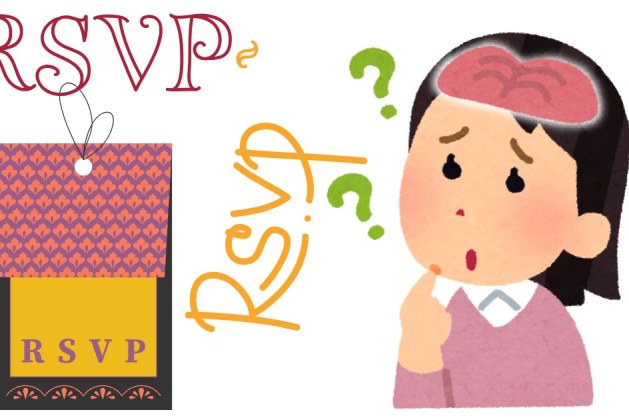The acronym RSVP is commonly seen on invitations, particularly for formal events such as weddings, parties, and business gatherings. But what does it actually mean, and why is it important? Let’s break down the meaning and significance of RSVP, its origins, and how it is typically used.
RSVP: The Full Form
RSVP stands for the French phrase “Répondez s’il vous plaît”, which translates to “Please respond” in English. The term is used to request that the invitee notify the host whether they will be attending the event or not. It’s a polite and respectful way to ask guests to confirm their attendance so that proper arrangements can be made, such as seating, food, and other logistical considerations.
Why is RSVP Important?
RSVP plays a crucial role in the planning and success of an event. Here’s why:
- Accurate Planning: Knowing how many people will attend an event allows the host to make necessary preparations, such as ordering enough food and drinks, reserving adequate seating, and ensuring there are sufficient event supplies.
- Cost Management: Events, especially large ones, can be expensive. By responding to an RSVP request, guests help the host manage the event’s budget by confirming the exact number of attendees.
- Respecting the Host: Responding promptly to an RSVP request shows respect for the host’s time and effort. It’s courteous to let them know whether you’ll be attending or not, so they’re not left guessing.
- Space and Resources: Events like weddings, parties, and conferences often have limited space. RSVP helps organizers ensure they don’t exceed venue capacity and that everyone gets a fair experience.
How to Respond to an RSVP
When responding to an RSVP, it’s important to do so within the specified time frame. This allows the host to finalize arrangements in advance.
- If You Are Attending: When you plan to attend an event, it’s important to acknowledge this by responding affirmatively (e.g., “Yes, I will attend the event” or “I’ll be there”). This ensures the host can count you in for any required resources.
- If You Cannot Attend: If you cannot attend, it’s just as important to respond, usually with a polite decline (e.g., “Sorry, I won’t be able to attend, but thank you for the invitation”). This gives the host a chance to adjust their arrangements.
- How to Respond: Nowadays, RSVPs can be sent through various means—by mail, phone call, email, or even through online event platforms. Some invitations include specific instructions on how to respond.
RSVP Etiquette
- Respond Promptly: Ideally, guests should respond to an RSVP request as soon as possible, especially if there is a deadline mentioned on the invitation. This gives the host enough time to make any necessary adjustments.
- Honor the RSVP: Once you’ve confirmed your attendance or non-attendance, make sure you follow through with that commitment. If your plans change after responding, it’s important to inform the host as soon as possible.
- Plus-ones: If an invitation allows you to bring a guest, be sure to mention that in your RSVP. It’s also courteous to confirm whether your guest is attending or not.
Variations of RSVP
- Regrets Only: In some cases, invitations may specify “RSVP Regrets Only.” This means that the host is assuming that you will attend unless you indicate otherwise. It’s used when the host anticipates a large turnout and only needs to know about those who cannot make it.
- No RSVP Required: Some informal events, like casual get-togethers, might not require an RSVP at all. However, for larger gatherings, it’s always polite to provide confirmation of your attendance.
In summary, RSVP is a formal request asking guests to confirm whether or not they will attend an event. It is a courteous way to help hosts plan and organize events effectively. Whether you’re attending a wedding, a corporate event, or a dinner party, always take the time to respond to an RSVP request so that your host can make the necessary arrangements. It’s a small gesture that shows respect and appreciation for the effort put into organizing the event.




Leave a comment